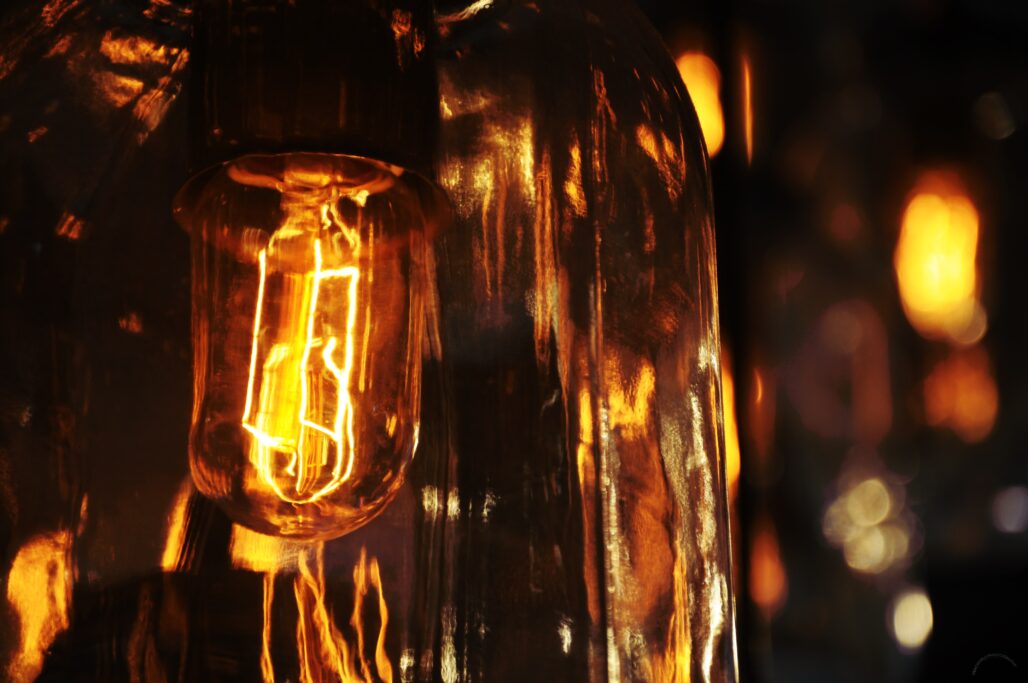25,7 million goes to 4 initiatives on electrochemistry and sustainable hydrogen
Today at the conference on Electrochemical Conversion and Materials (ECCM) David Pappie, director Topsectors and Industry Policy at the Ministry of Economic Affairs & Climate (EZK), gave the go-ahead for a total of 25.7 million euros in initiatives in the field of sustainable energy storage and conversion. The Hydrohub MW Test Centre is one the initiatives that were presented today.
During the conference, Pappie, together with NWO, TNO, ISPT and the Province of Groningen, launched four initiatives that the ECCM committee has adopted or initiated and that fit within a continuous line from fundamental to applied research. It is a tenure-track program with NWO and companies to durably strengthen the fundamental knowledge base in the Netherlands in the field of ECCM, an NWA program on energy storage and conversion for larger consortia in the field of ECCM, a new electrochemical laboratory at TNO in Petten for hydrogen production and the ISPT-initiated Hydrohub MW Test Center in Groningen, which focuses on large-scale hydrogen production. “These initiatives must reinforce each other in addressing the major challenge of sustainably electrifying our industry and energy system,” says Manon Janssen, chairman of the Industry Climate Table and figurehead of the top sector Energy.
Towards an (inter)national coalition
According to Janssen, this is a first step. “In March the PBL showed that electrification is a promising option to achieve drastic reduction of CO2. But at the same time, PBL also shows that this requires considerable investments. By starting initiatives together across the entire chain of knowledge and innovation, and by stimulating interaction between those initiatives, we are on the right track. Janssen emphasizes: “I cherish the coalition between the TopSectors Hightech Systems and Materials, Chemistry and Energy. The intensive cooperation between these three sectors is essential to exploit the potential of new technology and applications for the energy transition. By joining forces at the national level, we ensure that initiatives reinforce each other and that the Netherlands is well organized and positioned for international cooperation.”

The four presented initiatives focus on different stages of development. The ECCM committee wants to encourage cooperation between the four initiatives. During the conference, Niek Lopes Cardozo (NWO) opened a research program of seven million euros for investments in the fundamental knowledge base of ECCM in the Netherlands. In addition, he announced the start of the Storage & Conversion program with a volume of 3.8 million euros that was established within the National Science Agenda (NWA), and aims at forming interdisciplinary consortia in the field of ECCM in collaboration with social parties.
Ton de Jong from TNO presented the new electrochemical laboratory in Petten, called the “Faradaylab”. With an investment of six million euros, they are working on a strong cost reduction for green hydrogen production to arrive at a cost of less than two euros per kilogram of hydrogen. He also announced an additional investment of two million euros per year in the open innovation program VoltaChem, aiming at integrating and scaling up industrial electrification and electrochemical CO2 utilization technology.
ECCM illustrates how the work of the committee creates synergy between the various programs and instruments and how it leads to cooperation on one theme. Via NWO, the Minister of Education, Culture and Science is investing in the tenure track program and the ECCM program arising from the National Science Agenda. The State Secretary for Economic Affairs invests in the Faraday Lab, in the Hydrohub MW Test Centre, and also contributes to the program arising from the National Science Agenda.

Nienke Homan presents the Hydrohub MW Test Centre
In the region
The energy transition must largely take place in the region. At the conference, Nienke Homan (representative for political party GroenLinks in Groningen) announced the construction of a physical test site for more efficient and cheaper electrolysis and hydrogen production. This test location, which has been named “Hydrohub MW Test Center”, involves an investment of nearly seven million from the province, the Ministry of Economic Affairs, the participating companies and TNO. The Institute for Sustainable Process Technology (ISPT) is the initiator of Hydrohub.

Richard van de Sanden, chairman of the ECCM committee, explains: “We aim for effective interaction. With the tenure track program at NWO we are strengthening the knowledge base on which initiatives such as the Hydrohub MW Test Center and the Faradaylab can build on. The test location in Groningen and the TNO lab in Petten will also raise new fundamental questions for science. The consortia arising from the NWA program help to further strengthen cooperation between the various stakeholders. This is what we stand for as a committee.” Van de Sanden adds: “See it as a first step. To actually bring ECCM as an option for the energy transition, additional commitment from all stakeholders will be needed.”
Pictures ECCM Conference by Sjoerd van der Hucht
Acknowledgement
Dit project is medegefinancierd door TKI-Energie uit de Toeslag voor Topconsortia voor Kennis en Innovatie (TKI’s) van het ministerie van Economische Zaken en Klimaat